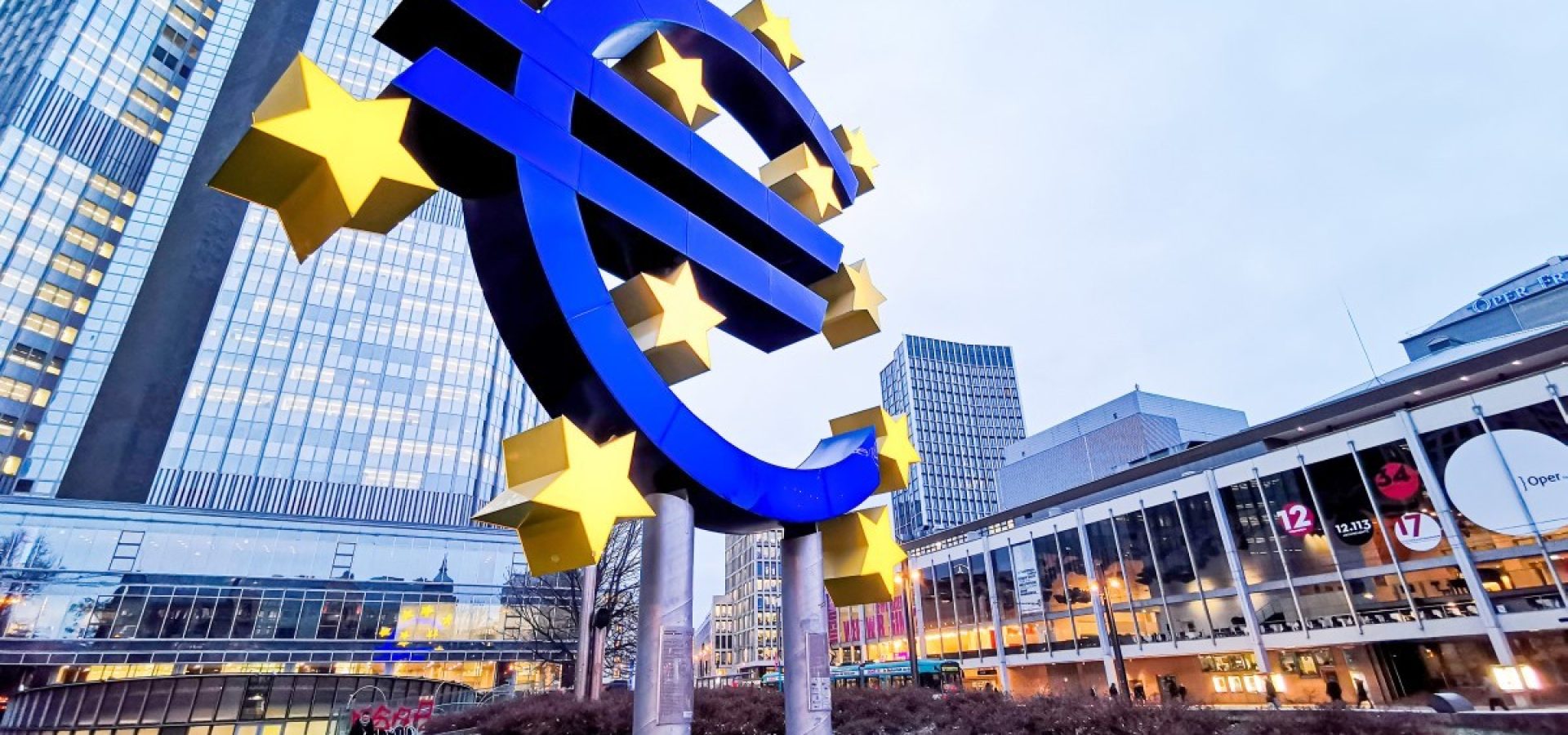Quick Look
- Eurozone’s composite PMI rose to 48.9 in February, hinting at a less severe economic downturn.
- France and Germany’s PMI figures reflect ongoing economic contractions, with France showing slight improvement.
- Manufacturing output continues to decline, while service sector inflation raises concerns.
- Germany faces a technical recession, with growth forecasts significantly cut.
- Upcoming economic data releases and ECB policy decisions are keenly awaited.
The latest Purchasing Managers’ Index (PMI) data offers a complex view of the Eurozone’s economic health. February’s composite PMI rose to 48.9 from 47.9, signalling a slight easing in the economic downturn. However, this figure still falls below the 50.0 mark, indicating ongoing contraction. The manufacturing sector faces particular strain, with its output index dropping to 46.2. France’s PMI reached a nine-month high of 47.7, providing a hint of optimism, whereas Germany’s composite PMI decreased to 46.1, highlighting the difficulties faced by Europe’s largest economy.
Diverging Paths: Manufacturing Woes vs. Service Sector Inflation
There’s a stark contrast between the manufacturing and services sectors. The manufacturing sector is in a recession, with output declining. In contrast, the services sector is dealing with inflation, especially in service charges, which continue to rise sharply. This situation emphasizes the complex inflationary dynamics within the Eurozone.
Regionally, more data releases are expected to illuminate economic sentiments further. France’s business confidence is likely to stabilize, but both France and Germany’s composite PMIs are projected to remain in contraction. The Euro Area’s composite PMI is anticipated to improve to 48.5, still reflecting persistent economic challenges slightly.
Germany’s Growth Forecast Cut to 0.2%: Navigating a Potential Recession
Germany’s economic forecast for 2024 has been significantly downgraded to a mere 0.2% growth. The country grapples with various challenges, including a shortage of skilled workers, bureaucratic obstacles, and underinvestment, all of which point towards a looming technical recession. Inflation is expected to slow but continues to concern households and businesses.
The internal political situation adds complexity to Germany’s economic strategies. Coalition disagreements over green industry investments and fiscal policies have negatively affected business confidence. A Supreme Court decision against reallocating funds for green projects highlights the policy deadlock.
ECB’s Policy Watch: Managing Eurozone Inflation
With the Eurozone facing turbulent times, the focus shifts to the upcoming economic data and the European Central Bank’s (ECB) policy direction. The forthcoming ECB meeting minutes will be key to understanding the central bank’s approach to interest rates and inflation management, particularly considering Germany’s economic predicaments and the wider Eurozone’s inflationary pressures.
The Eurozone’s economic outlook is cautiously optimistic yet fraught with challenges. Policymakers and businesses await signs of stabilization, with the interplay of inflation, production, and policy decisions crucial in defining the region’s economic direction in the months ahead.









COMMENTS